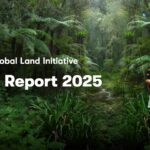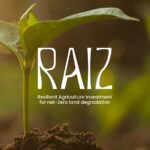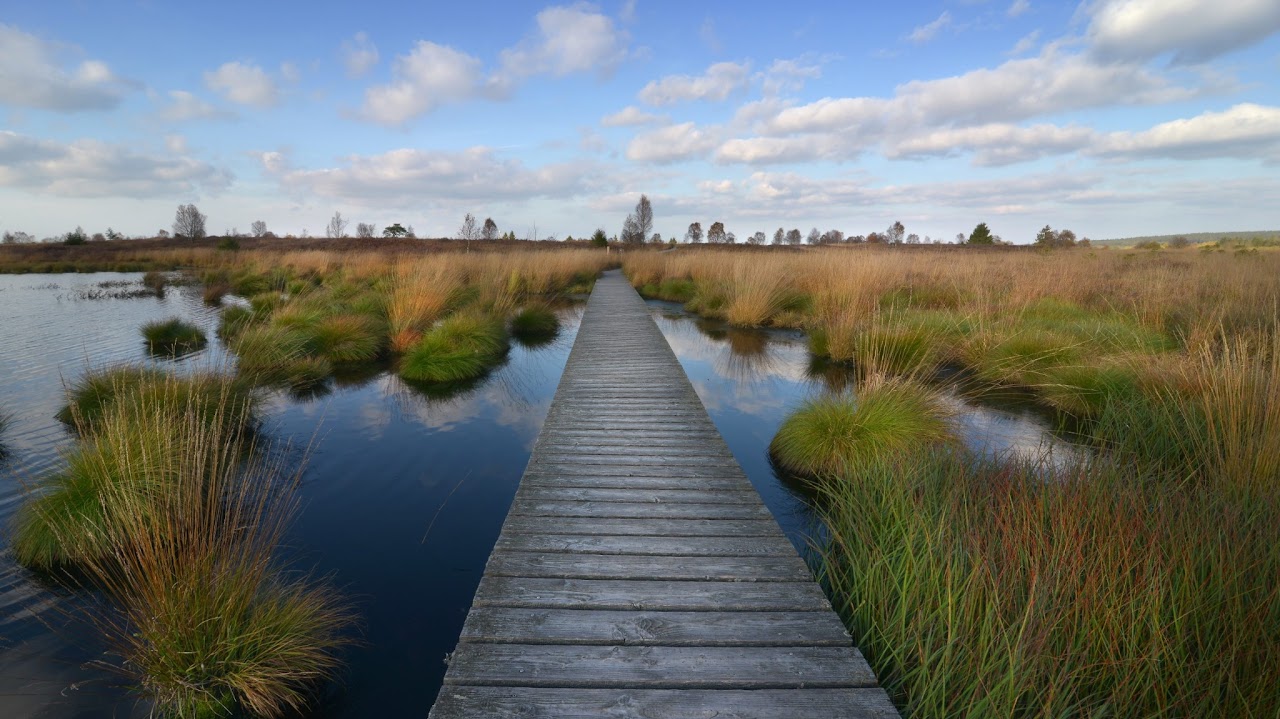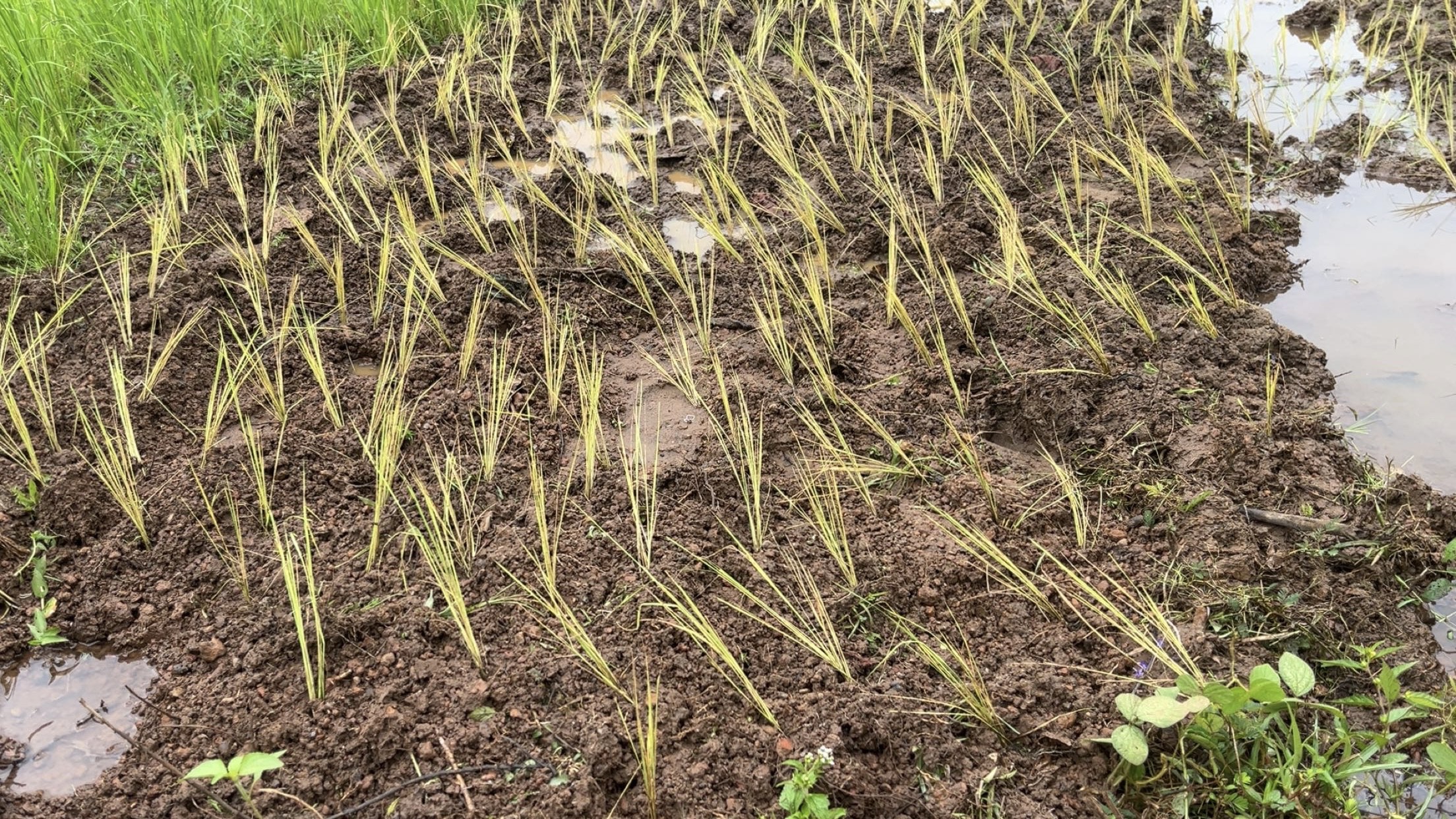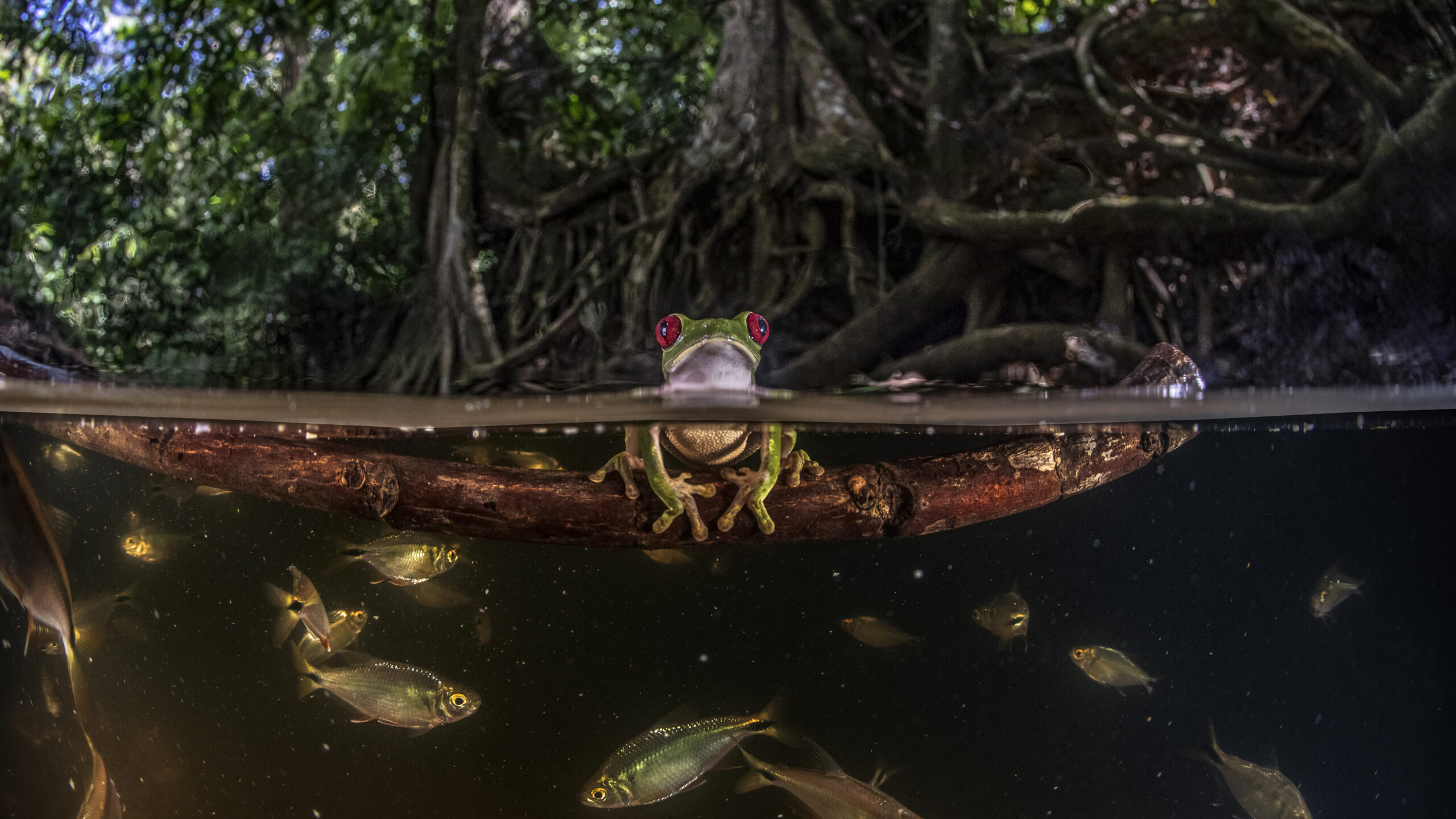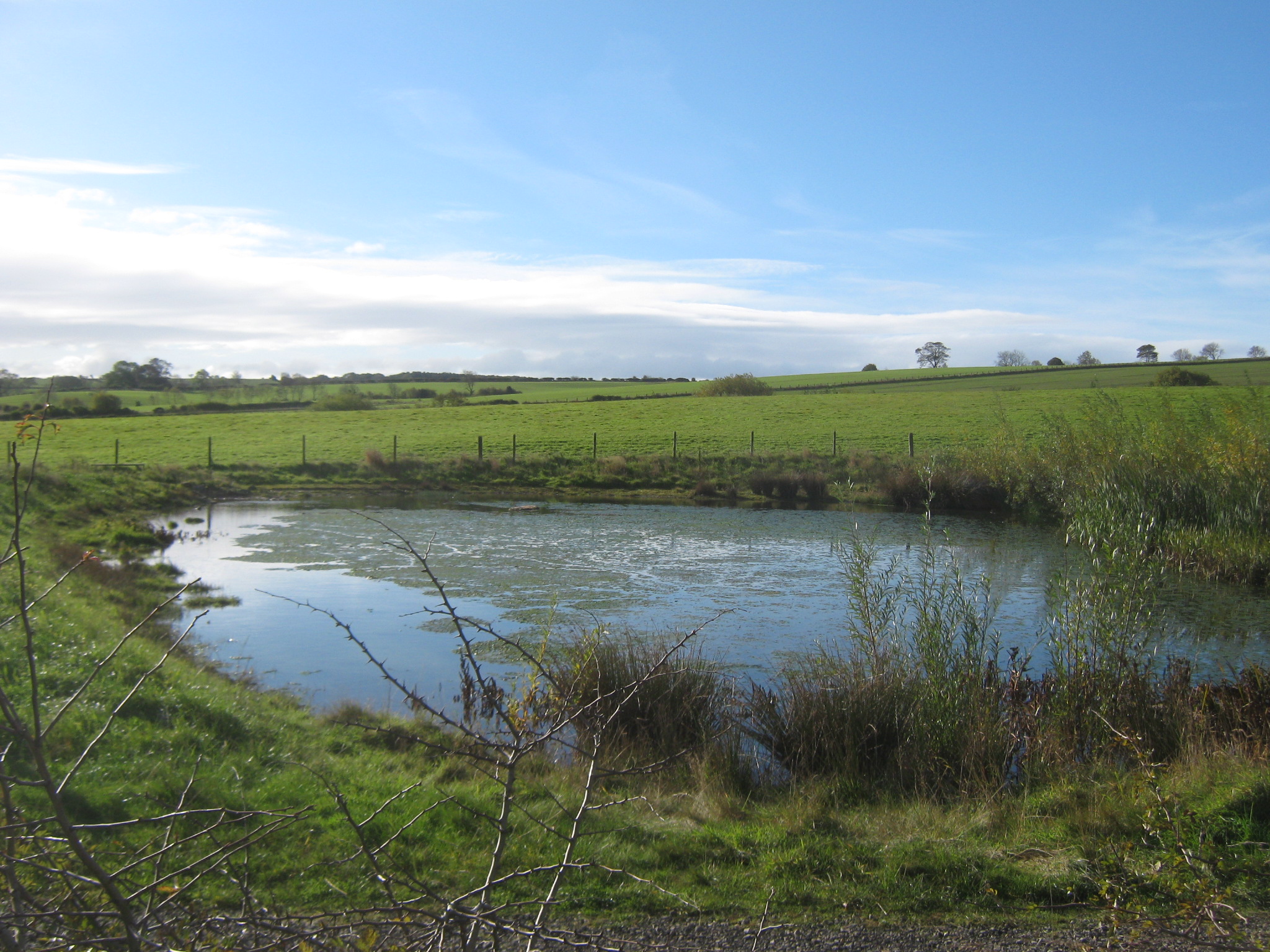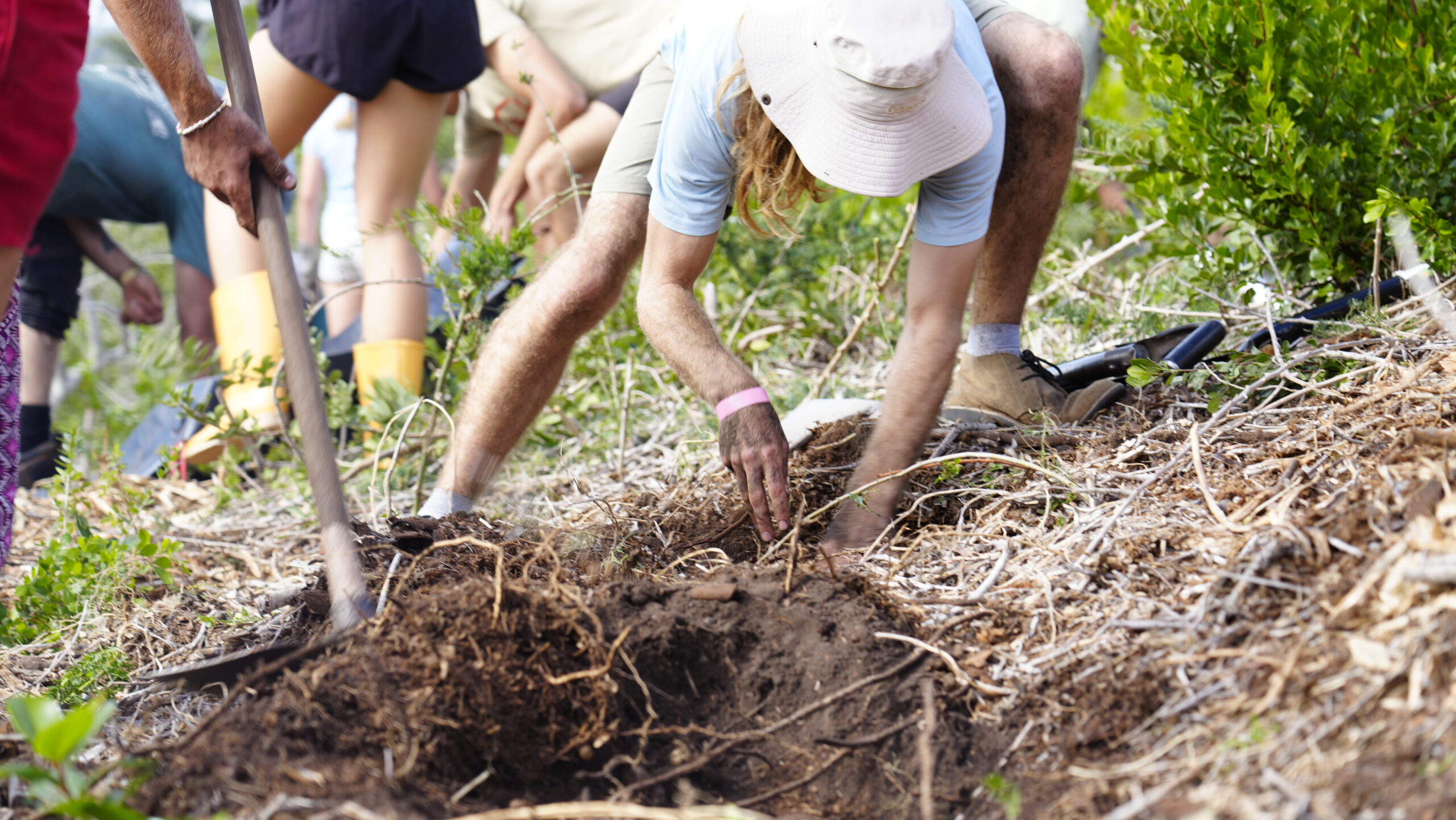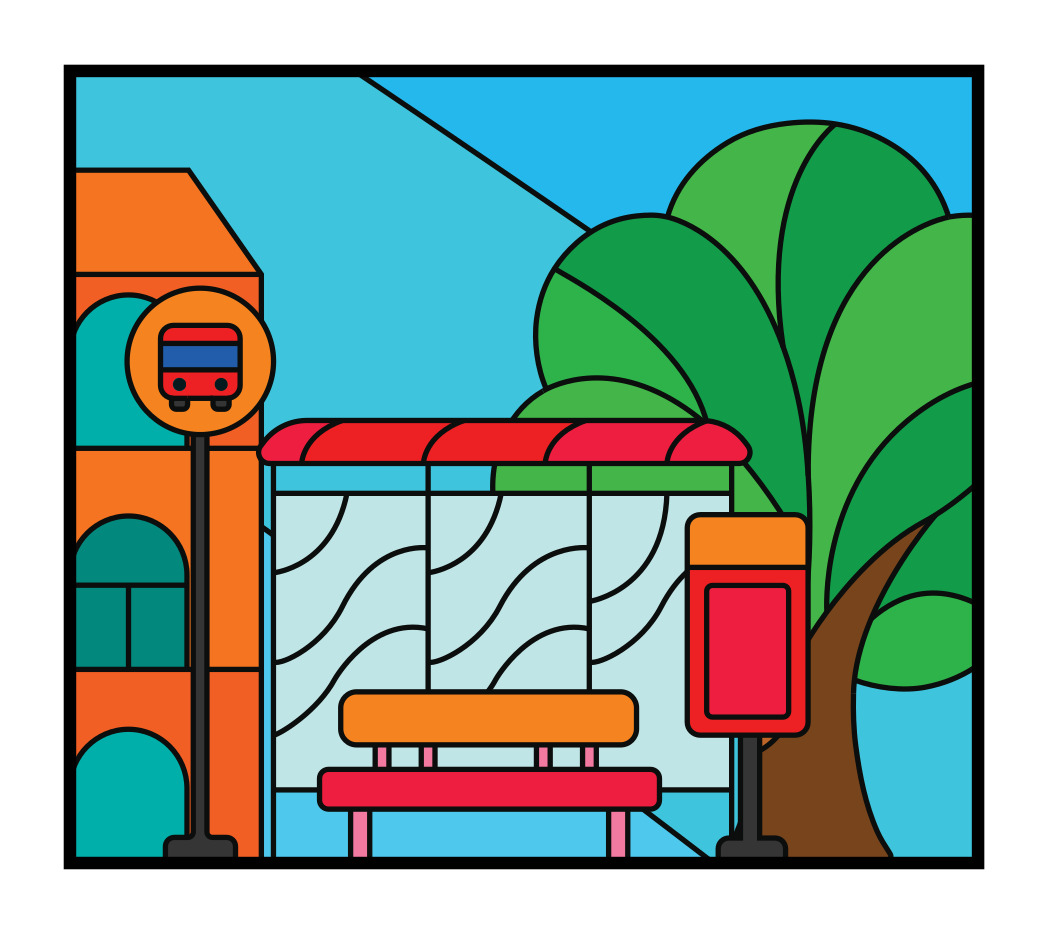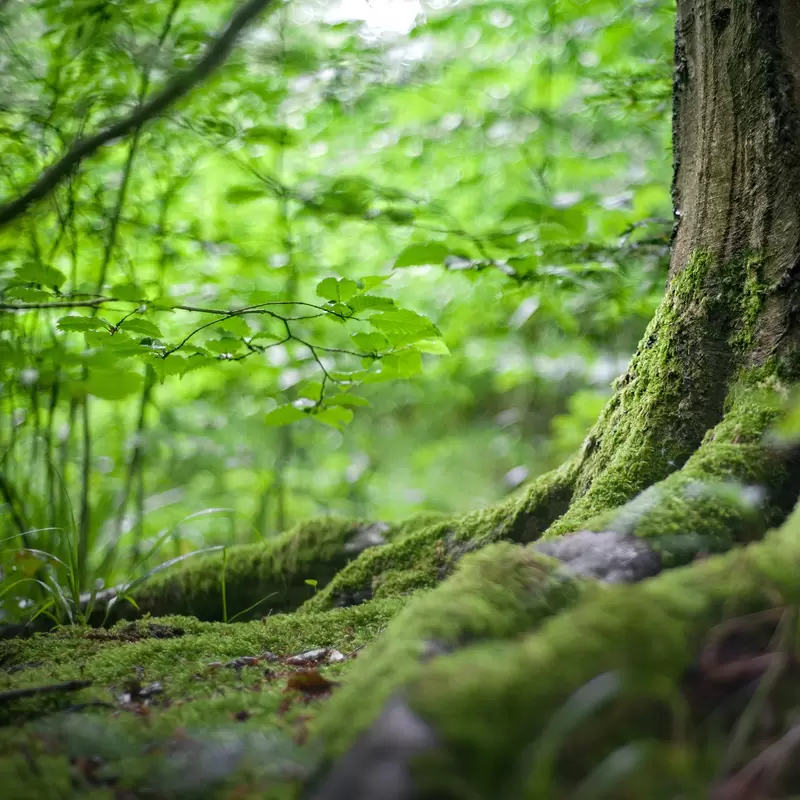Kenya’s Start-Ups in land restoration are brimming with potential
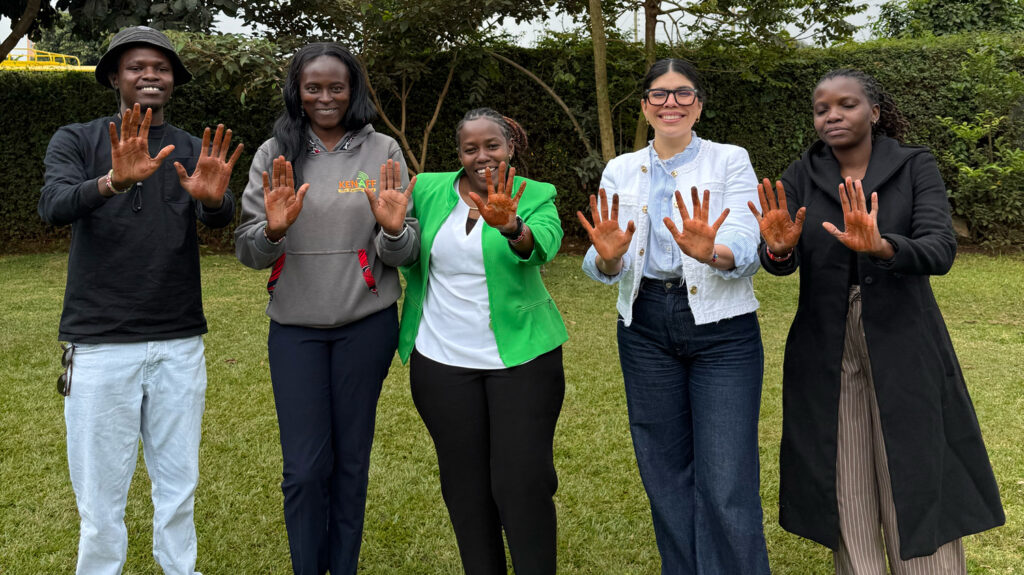
KENAFF and G20 GLI teams
Photo Credit: G20/GLI
Kenya’s youth-led entrepreneurship scene is vibrant, urgent, and brimming with untapped potential. Kenya’s ecopreneurs have not just won the prestigious global Start-Up award on Land Restoration, they consistently submit very creative ideas. With growing interest in land-based solutions and a backdrop of economic strain, it became clear that our next step wasn’t to design from afar — but to get closer. That is why the G20 Global Land Initiative’s decision to pilot a national engagement strategy in Kenya wasn’t just symbolic — it was strategic.
Our first mission in Kenya spanned ecosystems: from university classrooms to grassroots cooperatives, from national conveners to founders working out of makeshift labs. It was diverse, intense and incredibly human.
Among the many moments that brought this mission to life, our visit to Chemolex stood out. A startup co-founded by Martina Sikawa, a YECO alumi, Chemolex offered a glimpse into what real-world belief in youth potential looks like. We walked with her along a river where informal plastic collectors work daily.
But Chemolex doesn’t stop at collection, they support youth to build aquaponic systems using pipes, gravel and coconut husk. They grow lettuce and fish as an alternative income for their families. They reclaim riverbanks, turning neglected land into safe, green space for children. They prototype biodegradable diapers. They sell restoration-ready trees. It’s scrappy, scientific and system-shifting — all at once.
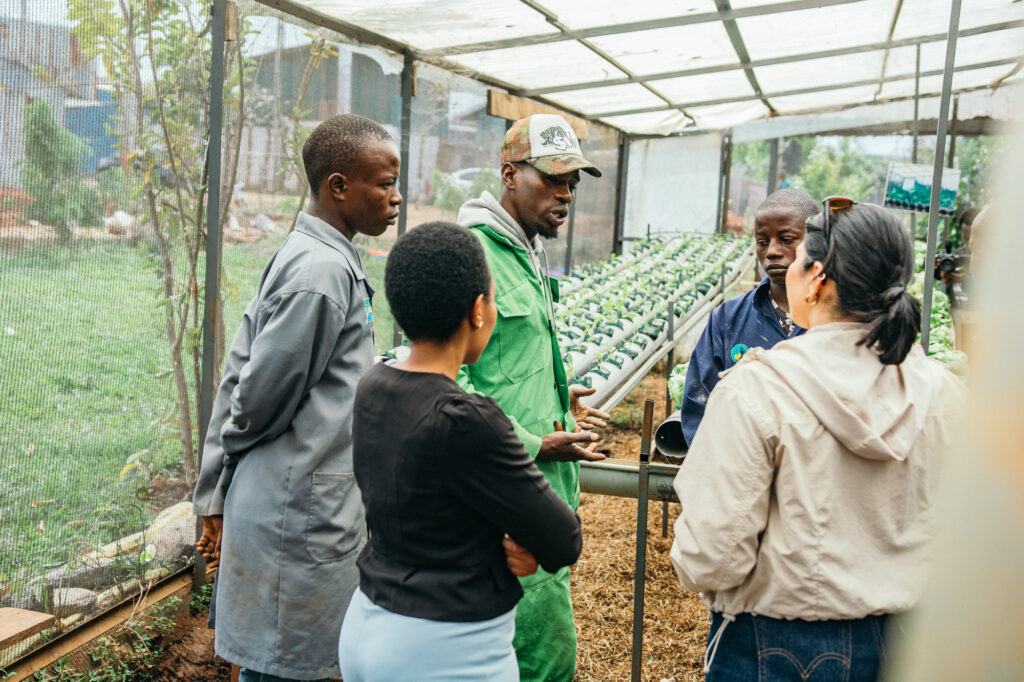
Field visit to Chemolex’s river reclamation efforts
That same spirit of grassroots action and long-term thinking came through during our
visit to KENAFF, the Kenya National Farmers Federation. We filmed an interview that helped bring the rural lens into sharper focus. As one of our 2024 Small Grant Winners, their team spoke with clarity and conviction about the power of farmer organizing and community-rooted restoration. They emphasized the need for better visibility of rural innovation — and even raised their hand to help scale what they’ve started. In a country where policy influence and farming credibility rarely overlap, KENAFF is quietly doing both.
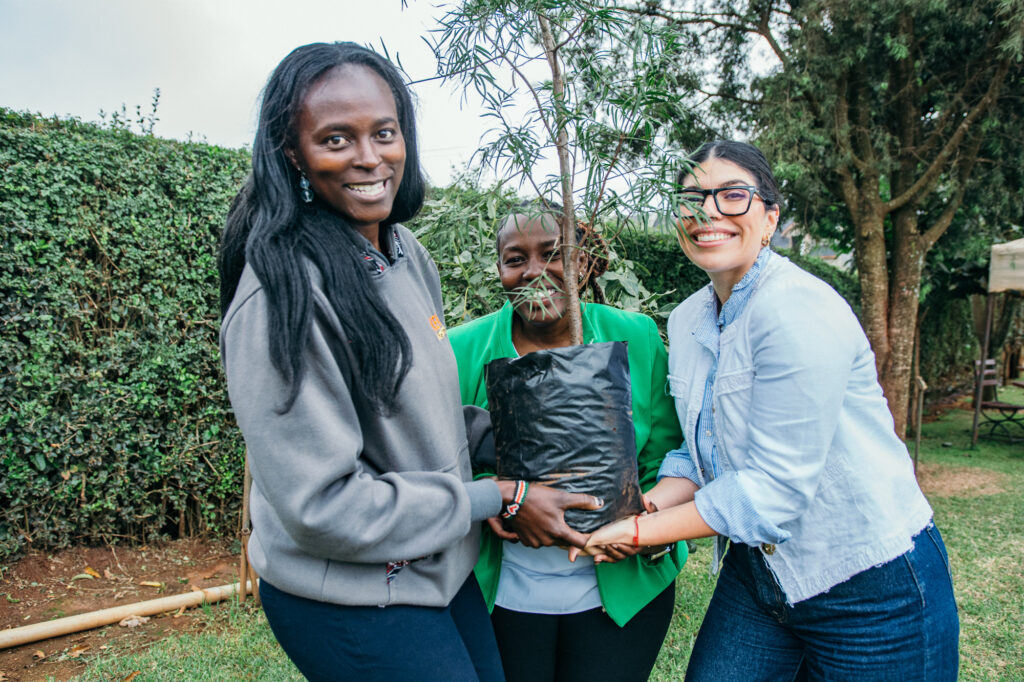
Planting activities on KENAFF’s farm
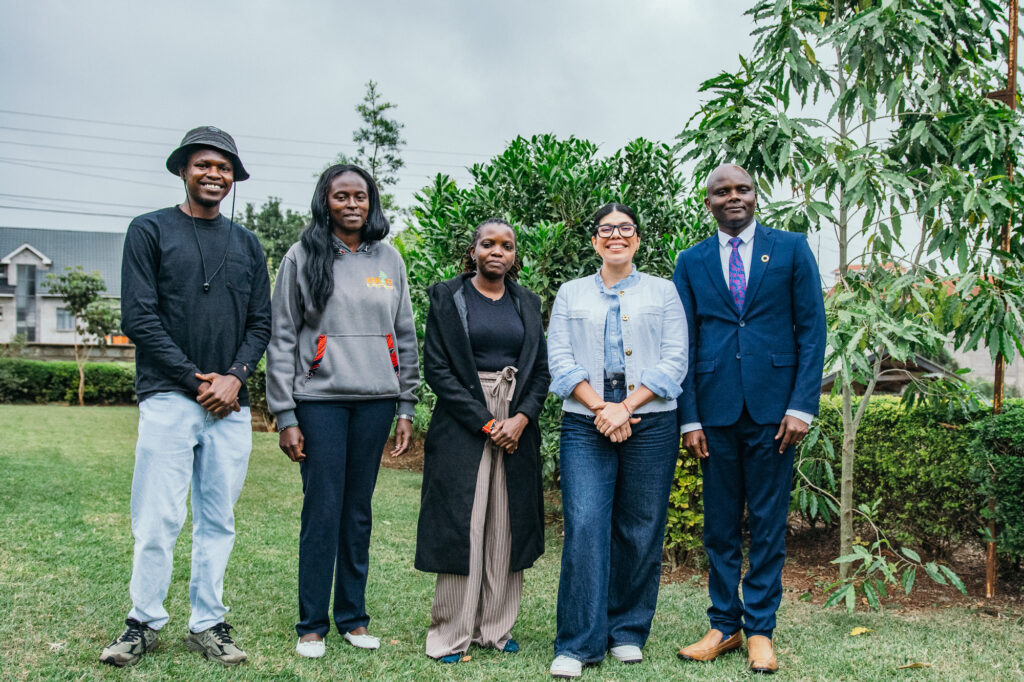
From Left to Right: Wilson K Ngotho former intern from the G20 GLI Internship program currently working in water management , Mary Kageni the head of Climate Action, Valary Otieno the head of KENAFF Young, Fabiola Nava G20 GLI Youth Engagement Consultant and Dr. Daniel Mwendah M’Mailutha CEO at KENAFF at their offices in Gikambura.
From rural organizing to academic halls, we continued exploring the diversity of Kenya’s ecosystem. At Riara University we gave a guest lecture titled, “Restoration Is the New Innovation,” to show how ecological restoration is a bold and viable path for young professionals in a country grappling with unemployment.
The highlight? A rapid innovation challenge where students proposed ideas that could be developed into local land-restoration startups.
Five cross-disciplinary teams pitched grounded, imaginative solutions — proving that creativity doesn’t belong to one field, and that there’s always more than one way to solve a problem.
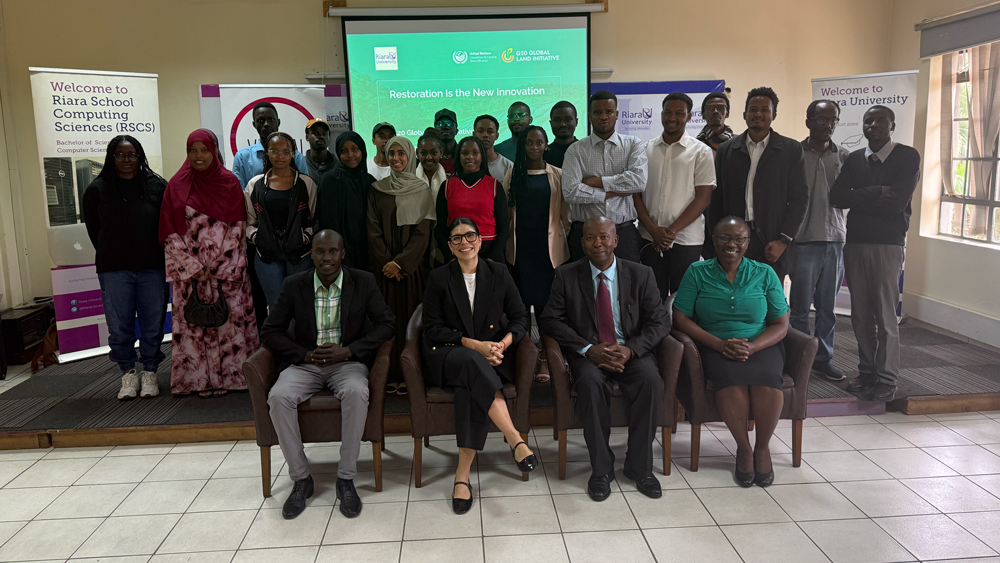
Students working on a mini innovation challenge during the guest lecture
Building on this energy, the E4Impact Entrepreneurship Center brought together over 20 early-stage youth ecopreneurs for a focused roundtable. Their sectors spanned bamboo, beekeeping, agritech and more. They shared hard truths about what it takes to grow ideas in under-resourced environments, and what they actually need — less training for the sake of training, and more early support that reflects trust and flexibility.
This was followed by a session with the leaders and faculty from seven universities. The discussion centered on how academic institutions could integrate land restoration themes into research, entrepreneurship support and skilling.
The enthusiasm was real as was the recognition that much of the restoration economy remains unmapped both in data and visibility.
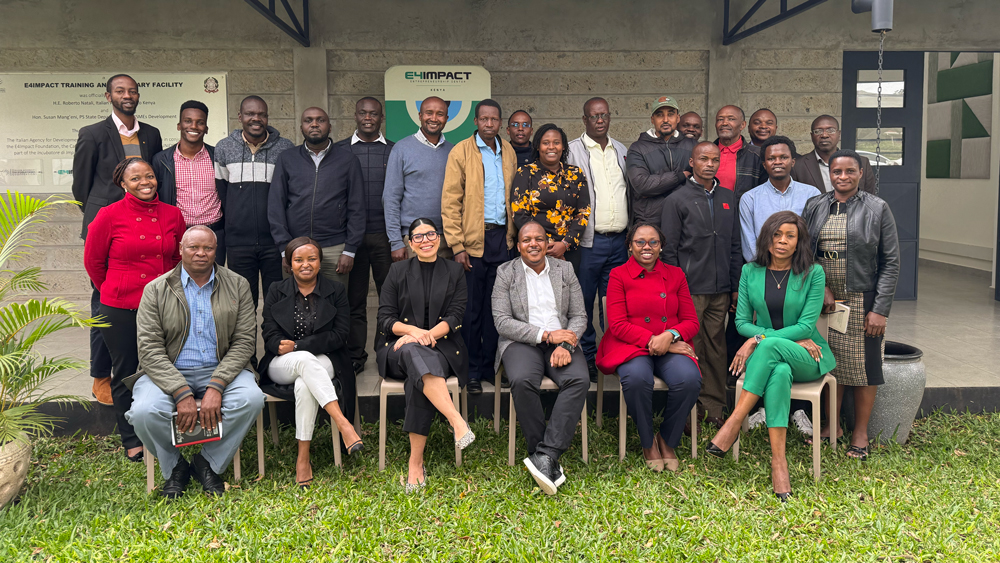
Ecopreneurs, G20 GLI and E4Impact Ecopreneurship Centre teams
Rounding out our journey, we travelled to Kajiado, with SNV, a leading Dutch NGO , to meet Maasai youth groups. We met young people who are running agri-shops and livestock operations in a challenging landscape that is shaped by wildlife conflict and land ownership hierarchies.
They welcomed us in the traditional way — full of color, stories and warmth — and reminded us that land innovation is not just technical, it is cultural.
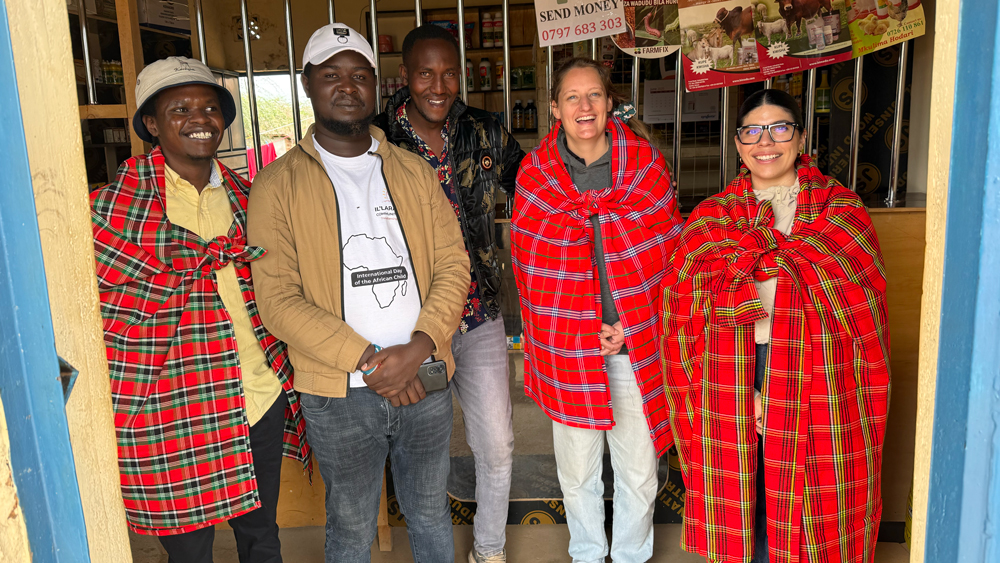
Welcomed with warmth by youth group in Kajiado, who launched a community vet supply shop with SNV’s support, generating income and reinvesting for a better future.
And of course, there were the conversations that didn’t make it into any formal agenda. Being wrapped in a traditional Maasai cloth. Trying mayai pasua for the first time — a popular Kenyan street snack made by splitting a hard-boiled egg and stuffing it with kachumbari, a fresh tomato and onion salsa with chili and lime. Recording videos with young innovators who are chasing both income and impact.
This mission was proof that restoration isn’t just about land. It’s about energy. Trust. Local pride. And platforms that give youth the dignity of being seen as builders — not just beneficiaries.
As we finalize our findings and move into the assessment phase, we’re already looking ahead to our next visit.
We are looking to support 10,000 youth start-ups around the world to ensure that in just five years the international community meets its goal of restoring 1 billion hectares or degraded land – an area equal to the size of the United States. Kenyan youth seem ready.
We’re keeping the momentum going and remain open to continued dialogue, shared opportunities, and meaningful next steps that strengthen this vision.,
- Follow G20 GLI on Instagram and LinkedIn
- Join this space for Kenya pilot updates and collaboration calls
